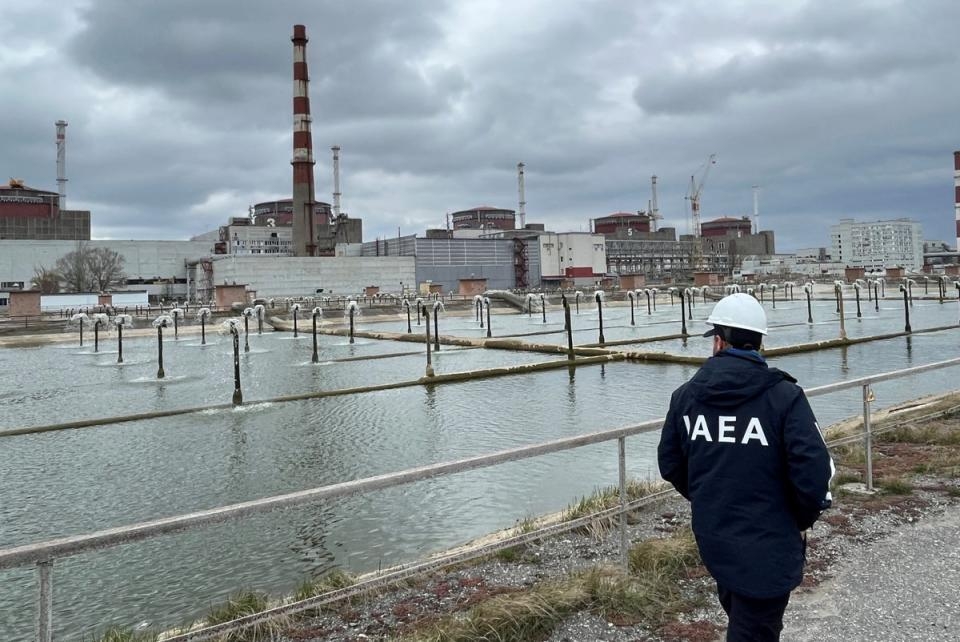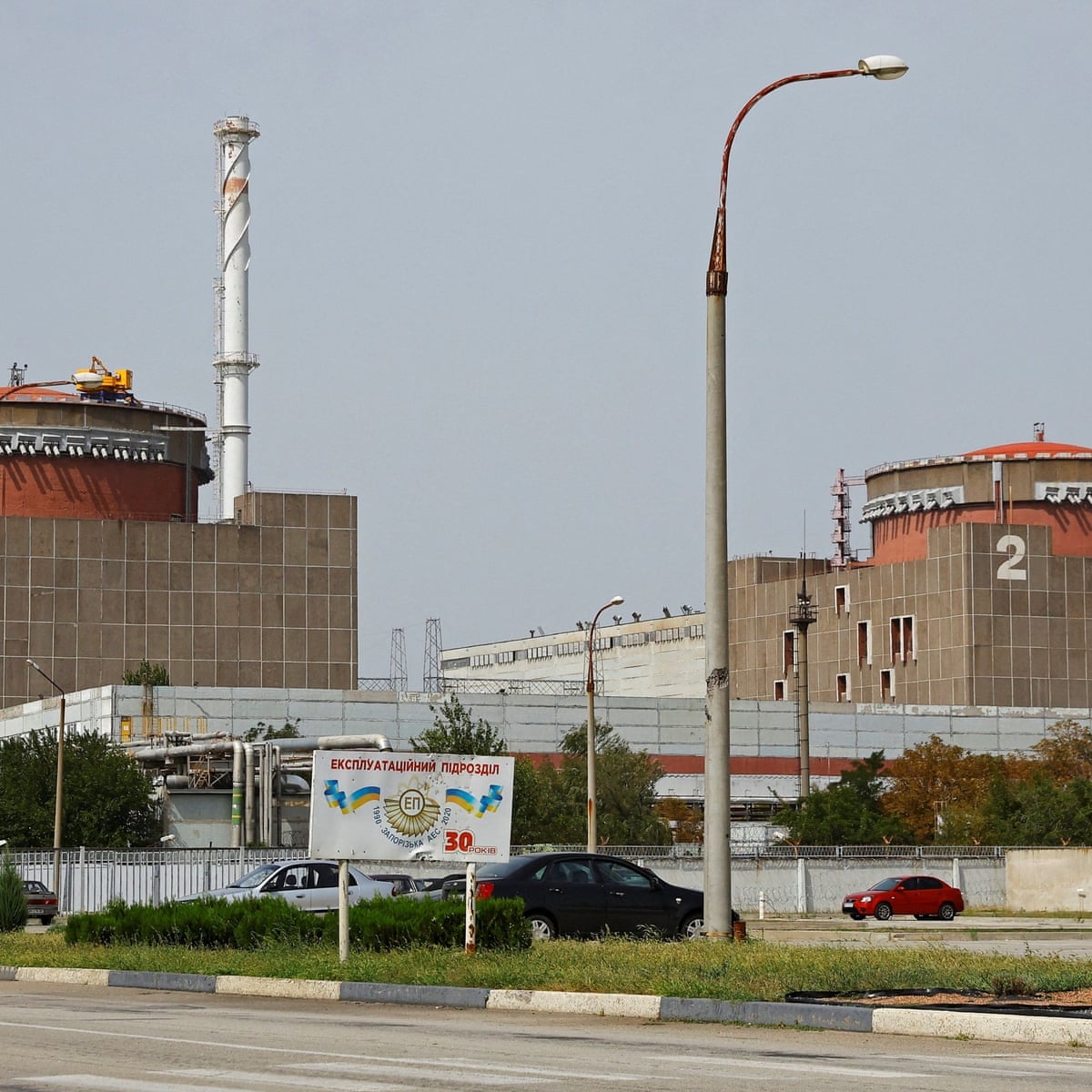In the latest development in the ongoing conflict in Ukraine, Russia’s military forces have been accused of prohibiting staff of the occupied Zaporizhzhia nuclear power plant from evacuating their families from Enerhodar, a nearby frontline town. This unsettling move comes as fears of a Ukrainian counteroffensive continue to grow along the southern front.
According to a statement from Ukraine’s General Staff of the Armed Forces, the Russian occupiers organized what they termed an ‘evacuation’ for the family members of the Zaporizhzhia Nuclear Power Plant (NPP) employees. However, the employees themselves have been barred from leaving the city.
This news is particularly significant given that the Zaporizhzhia plant is Europe’s largest nuclear power station and is primarily operated by a Ukrainian workforce. Since early in the invasion last year, Russian forces have maintained control over the facility, thus presenting a complex set of challenges for the Ukrainian government and the international community.
Enerhodar, home to a majority of the nuclear plant’s staff, was one of the 18 settlements whose residents were evacuated over the weekend. The evacuees were transported to recreational centers and hotels in the southern towns of Berdiansk and Kyrylivka, with some others being relocated to Russia’s Rostov region. This move by the Russian-backed authorities came in the wake of the imminent threat of a Ukrainian counteroffensive.
The Zaporizhzhia plant’s strategic location on the front lines has led to frequent shelling in the surrounding towns and areas in proximity to the facility. This has raised international concerns about the safety and security of the plant. The United Nations’ nuclear watchdog expressed apprehensions earlier this week about the situation at the plant, describing it as “increasingly unpredictable.”

The ongoing conflict and the occupation of the nuclear plant have raised several critical questions. Firstly, the plant’s capture by Russian forces signifies a significant strategic gain for them, thereby complicating the already volatile situation. Secondly, the prevention of plant employees from evacuating their families signals a distressing disregard for human rights, adding to the litany of allegations already leveled against the Russian forces.
Moreover, the safety and security of the nuclear plant are paramount. Any potential disaster at the plant could have devastating consequences, not only for Ukraine but also for the entire European continent. As such, ensuring the facility’s safety should be an urgent priority for all parties involved in the conflict.
It is also worth noting that the employees of the Zaporizhzhia plant play a vital role in its operation and maintenance. The fact that they are now caught in the crossfire of the conflict presents an urgent humanitarian crisis that needs to be addressed.
Overall, the situation at the Zaporizhzhia nuclear plant is a stark reminder of the complex and multifaceted challenges posed by the ongoing conflict in Ukraine. It underscores the urgency of finding a peaceful resolution to the conflict and the necessity for international intervention to prevent a potential nuclear disaster. As the situation continues to evolve, all eyes will remain firmly fixed on this critical area of the Ukrainian-Russian conflict.
©world-news.biz
